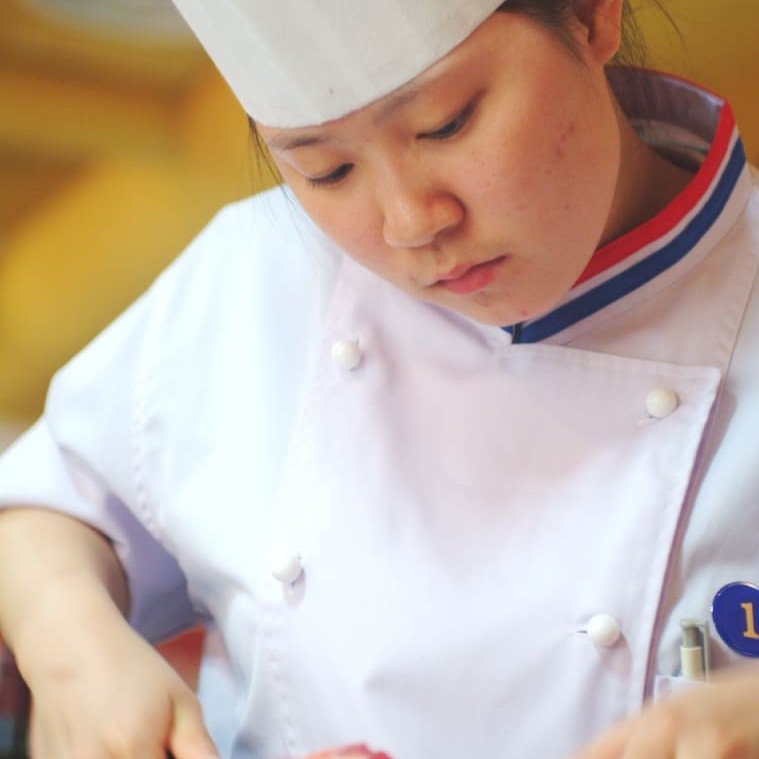 With the completion of Korea’s Congressional elections on April 11, Australia is now refocussing its efforts on completing a Free Trade Agreement deal in order to keep-step with major beef export competitor, the United States.
With the completion of Korea’s Congressional elections on April 11, Australia is now refocussing its efforts on completing a Free Trade Agreement deal in order to keep-step with major beef export competitor, the United States.
The US-Korean Free Trade Agreement (KORUS) was enacted on March 15, giving US exporters access to progressively lower import tariffs into Korea over the next 15 years, and an immediate 2.5pc tariff advantage over Australia.
The KORUS agreement consumed so much time and effort on the part of Korean authorities that it virtually abandoned work on any other FTA discussions it had in motion with other trade partners.
Attention has now shifted to finalisation of an Australian agreement, but to put the task into context, Korea is currently negotiating FTAs with Australia, Canada, Mexico, Turkey, the Gulf Co-operation Council (the 7 Trucial states of the Middle East), New Zealand and Columbia.
It has already signed eight FTAs that involve 45 different countries.
The April 11 Congressional election was an important turning point because it was widely expected that the Opposition parties that had publicly opposed the US-Korean FTA, along with trade liberalisation generally, would gain a majority in the Korean Congress. That did not occur, giving some cause for optimism that matters may now progress at a faster rate than earlier expected.
“What it means is the negotiating environment is now likely to be more flexible in re-engaging with the Korean authorities, than what otherwise might have been the case,” one Australian stakeholder said.
While no dates have yet been set for revival of FTA talks, there is an expectation in industry and government circles that Korean authorities will engage with Australia on its FTA at some point soon. Some take the view that the effective implementation of the KORUS agreement will set a platform for other agreements to follow.
Depending on the terms of the final agreement, it could be critical for Australia to complete a deal with Korea this calendar year, otherwise there is a risk that Australia will stay behind the US permanently by about 2.5pc in rate of import tariff, as tariff relaxations embedded in the two agreements run their course.
There are differing views on this point within sectors of the industry in Australia, with some downplaying the significance, saying that correcting the tariff discrepancy can be negotiated into any agreement.
The combined industry had held out for something better than the US deal, but with a default back to KORUS equivalency. But since October, the chances of negotiating something equivalent to the US model had seemed less likely, because of the political process in play in Korea.
A high level industry group, established through Meat and Livestock Australia, has been liaising directly and working closely with Trade Minister Craig Emerson on the FTA matter.
“But beef is far from the only item on the list,” one trade contact said.
“There is a whole range of things that Korea wants out of this, as there is for Australia. The balance of all of that needs to be finalised.”
Asked whether the current 2.5pc differential in tariff between Australian and US beef exports to Korea since March 15 had added additional burden to Australian exporters in terms of trade competitiveness, the Australian Meat Industry Council’s Steve Martyn said what was most important was that the US now saw the opportunity to gain access for beef without the same constraints applied earlier, throughout the BSE era.
“As a result the US Meat Export Federation is putting a substantial investment into re-establishing the Korean market that it previously had prior to BSE,” Mr Martyn said.
More than 50 percent of current US exports to Korea are now bone-in grainfed shortrib, a product that Australia cannot go close to supplying in the quantities required.
